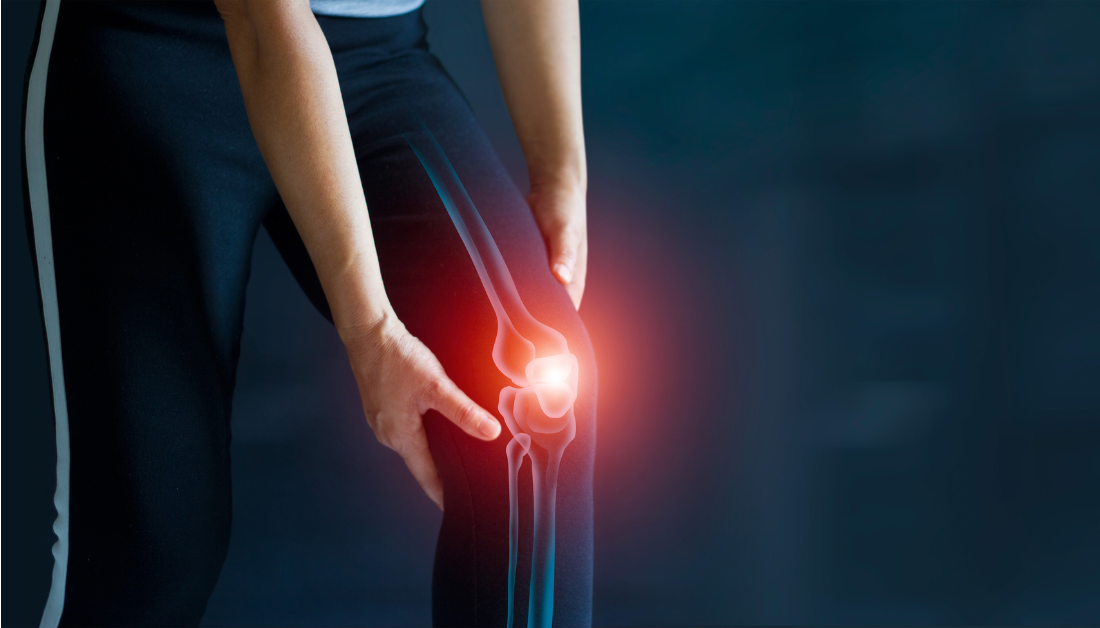

Your body’s normal healing response is stimulated by arthritis treatments such as cell therapies, bioengineering and gene therapy.
Arthritis affects one in every five persons in the UAE and is the leading cause of disability worldwide. Over 100 autoimmune and rheumatic musculoskeletal disorders are classified as arthritis, and while it is typically linked with aging, younger individuals are also impacted.
Every year on October 12, World Arthritis Day emphasizes the need of recognizing the symptoms of this painful disease, which can lead to early intervention. Renowned organizations, such as the Middle East Arthritis Foundation (MEAF), hold targeted events to promonewste awareness and support those affected by this crippling condition.
While standard therapies like drugs, physiotherapy, and surgery can help with symptoms, as World Arthritis Day approaches, we look at several alternatives and developments that may provide hope for a better quality of life.
Through a combination of self-management and telemedicine, remote monitoring offers a viable strategy to reduce hospital visits for arthritic patients. With the potential to replace time-consuming outpatient clinic appointments, this could increase healthcare utilization while decreasing disease activity.
Cell treatment, bioengineering, and gene therapy could be used in arthritis regenerative medicine to enhance the body’s natural healing response. Platelet-Rich Plasma (PRP) is a significant advancement. Derived from a patient’s blood, PRP can be utilized to treat pain, injured tendons, hair loss, and aging skin. While it can alleviate symptoms and promote recovery, its efficacy varies depending on preparation methods and patient characteristics.
Autologous Micro-fragmented Adipose Tissue (AMAT), like fat-based PRP, entails liposuction to harvest fat, which is then injected into therapeutic sites. Studies demonstrate that osteoarthritis pain and function are improving, although consistency in AMAT quality remains an issue.
Stem cell therapy has a lot of promise for tissue repair and regeneration. Embryonic, adult, induced pluripotent, and extremely tiny embryonic-like stem cells are among the different stem cell types. Clinical trials are currently underway, and the FDA warns against experimental remedies from for-profit clinics. It emphasizes the importance of standardized criteria and additional research to fully understand the potential of stem cells in arthritis treatment.
Surgical techniques such as Osteochondral Autograft Transplantation Surgery (OATS) and Matrix-Induced Autologous Chondrocyte Implantation (MACI) heal localised cartilage degradation, avoiding arthritis development. Researchers are investigating gene editing methods such as CRISPR-Cas9 in order to develop custom-designed cells and gene treatments that target inflammatory proteins in osteoarthritis.
While these regenerative medicine treatments show significant promise, further research, protocol modification, and the establishment of standardised procedures are required to properly understand their benefits in the field of arthritis treatment.
more recommended stories
 CTNNB1 Syndrome Study Explores Beta-Catenin Defects
CTNNB1 Syndrome Study Explores Beta-Catenin DefectsKey Takeaways Researchers in Spain are.
 Tuberculosis Breakthrough with Experimental Antibiotics
Tuberculosis Breakthrough with Experimental AntibioticsKey Takeaways Experimental antibiotics disrupt a.
 National Healthy Longevity Trial Receives Federal Support
National Healthy Longevity Trial Receives Federal SupportKey Summary Up to $38 million.
 Red Blood Cells Improve Glucose Tolerance Under Hypoxia
Red Blood Cells Improve Glucose Tolerance Under HypoxiaKey Takeaways for Clinicians Chronic hypoxia.
 Nanoplastics in Brain Tissue and Neurological Risk
Nanoplastics in Brain Tissue and Neurological RiskKey Takeaways for HCPs Nanoplastics are.
 AI Predicts Chronic GVHD Risk After Stem Cell Transplant
AI Predicts Chronic GVHD Risk After Stem Cell TransplantKey Takeaways A new AI-driven tool,.
 Red Meat Consumption Linked to Higher Diabetes Odds
Red Meat Consumption Linked to Higher Diabetes OddsKey Takeaways Higher intake of total,.
 Pediatric Crohn’s Disease Microbial Signature Identified
Pediatric Crohn’s Disease Microbial Signature IdentifiedKey Points at a Glance NYU.
 Nanovaccine Design Boosts Immune Attack on HPV Tumors
Nanovaccine Design Boosts Immune Attack on HPV TumorsKey Highlights Reconfiguring peptide orientation significantly.
 High-Fat Diets Cause Damage to Metabolic Health
High-Fat Diets Cause Damage to Metabolic HealthKey Points Takeaways High-fat and ketogenic.

Leave a Comment